Leptospirosis is a disease that has been getting a lot of recognition lately due to a story about the increased number of cases that a veterinary hospital in Buffalo Grove has seen.
http://abc7chicago.com/pets/leptospirosis-blamed-for-deaths-of-2-suburban-dogs/360105/
Leptospirosis is a bacterial disease that is spread through the urine of infected mammals. Wildlife, including deer, coyotes, raccoons, skunks, mice, rats, and opossums have been known to spread this bacteria. Our pets can get infected by stepping in an area where a wild animal has urinated and then licking its paws, eating something off the ground that has been contaminated with infected urine or by drinking water outside that has been contaminated. The bacteria need a moist environment to remain infective. The spring and especially fall are times when pets are more at risk of becoming infected due to cooler temperatures and less sunlight which keeps the ground damp. Hot, dry conditions will kill the bacteria, as will freezing temperatures. There are several different types or strains of Leptospirosis which can cause a range of symptoms. The most common are lethargy, fever, an increase in water consumption, icterus (yellow color to the eyes and skin), vomiting, diarrhea, reluctance to eat and abdominal tenderness. When blood work is evaluated, changes such as an increased white blood cell count and an increase in the kidney or liver values can also be seen. Because it is a bacterial disease, leptospirosis can be treated with antibiotics, however, it is possible that the bacteria can cause irreversible damage to the kidneys or liver which can lead to a poorer prognosis. At Burr Ridge Veterinary Clinic, we have seen an average of 2 pets each year who suffer kidney failure due to Lepto. There are vaccines available, but they do not protect against every strain. Older vaccines protect against two strains and newer vaccines protect against four of the five that dogs most commonly infect dogs. At BRVC, we recommend that all dogs are vaccinated and we use the newer vaccine. Initially, pets must receive 2 vaccines, 3-4 weeks apart, then revaccinated yearly. Besides vaccinating, pets should be supervised when outside and kept away from stagnant water. Limiting their time around areas heavily populated by wildlife is also recommended. Besides the risk to your pets, Leptospirosis is a zoonotic disease meaning it can also infect humans. People should also be aware of any contact they may have with infected pets or wet areas outside and make sure they are regularly washing their hands.
